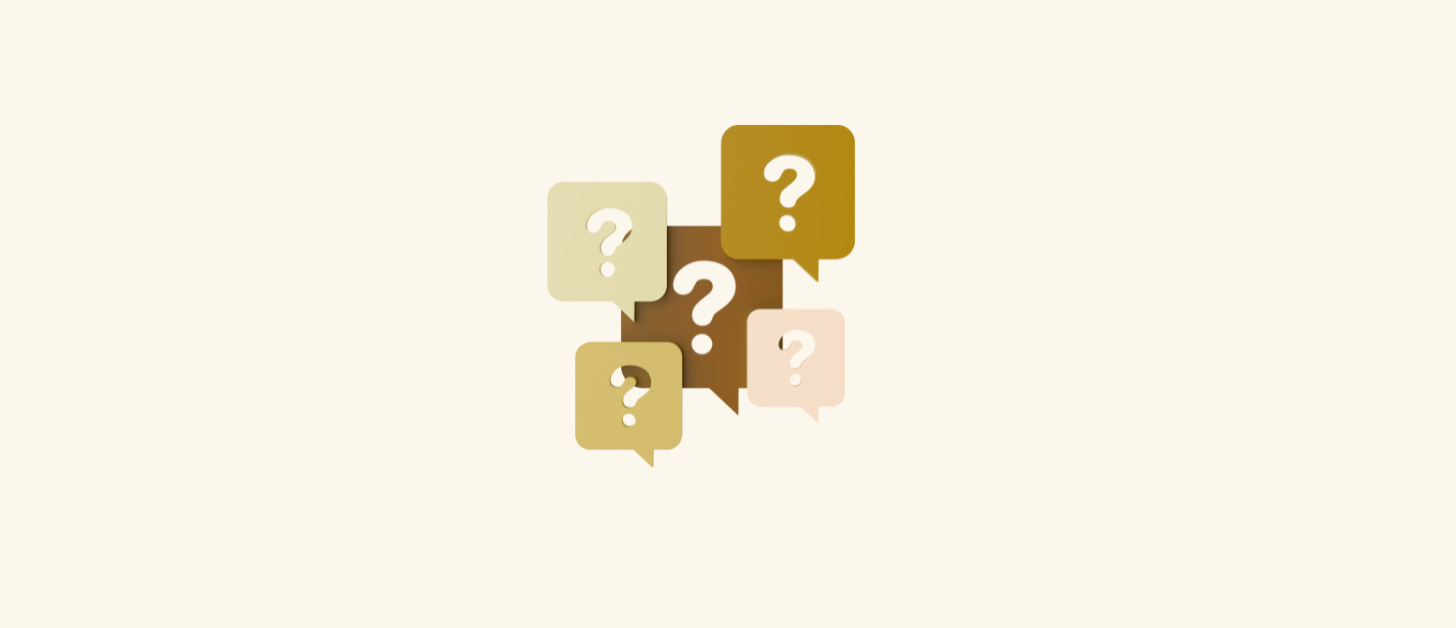An Oak Tree and Its Acorn
I was trying to get it out of her hand.
"I can take getting bucked off a horse - but not this! Splinters hurt!”
My cowgirl daughter put her own Western twist on the age-old truth that little things can matter a lot.
There's much happy-clappy hubris toward the idea that little things don't matter. Sentiments like "Go big, or go home" emphasize the end goal, where the only acceptable option is victory. Yet this attitude ignores the fact that all things start small. Think of the cherrybark oak tree: at its maximum height of 130 feet, it's 3,120 times the size of its half-inch acorn!
Once you make the mind shift to focus on the little things, the tricky part can be determining on what little thing should you work.
The Question
One tool often used in the business industry to pinpoint that little thing is the Five Whys Technique. Sakichi Toyoda (1867-1930), the founder of Toyota Industries, formalized this method as a way to determine the root cause of a problem.
After a problem has been identified, ask the question, "Why?" Then, ask up to four more Why questions, framing the previous answer as the question. Here's an example:
Problem: I feel lousy. I'm sleeping poorly.
Why # 1: Why am I sleeping poorly? Because I go to bed too late.
Why # 2: Why am I going to bed too late? Because I'm catching up with the news on the computer.
Why # 3: Why am I catching up with the news on the computer? Because I don't have time to read the news earlier in the day.
Why # 4: Why don't I have time to read the news earlier in the day? Because I was watching all the sports highlight reels.
The little thing I need to work on: Spending my computer time on what matters most to me early in the day, and setting a time when I'll stop my evening computer use so that I get the sleep I need.
A Very Different Outcome
The outcome of the same initial problem could take a completely different turn, based on the answers of the questions. Look at this example:
Same problem: I feel lousy. I'm sleeping poorly.
Why # 1: Why am I sleeping poorly? Because I'm stressed out about work.
Why # 2: Why am I stressed out about work? Because we're behind on our team project.
Why # 3: Why are we behind on our team project? Because my colleague isn't meeting the agreed-upon deadlines to keep our project on track.
Why # 4: Why isn't my colleague meeting the agreed-upon deadlines? Because another department head keeps demanding that my colleague work on an external project.
Why # 5: Why does the other department head keep demanding that my colleague work on an external project? Because our own department head isn't setting firm boundaries on what other department heads can ask of our team members.
The little thing I need to work on: Figuring out how to have the difficult discussion with my boss on boundary setting, for the good of the whole team.
While Sakichi Toyoda brought this approach into the mainstream, the art of using questioning to determine root causes originated with Socrates (c. 469-399 B.C.), Plato (c. 428-347 B.C.), and Aristotle (c. 384-322 B.C.). These Greek philosophers schooled their students in the Art of Why. The next time you hear a toddler ask the question, "But why?", realize that it could be the start of a very good lifetime habit.





